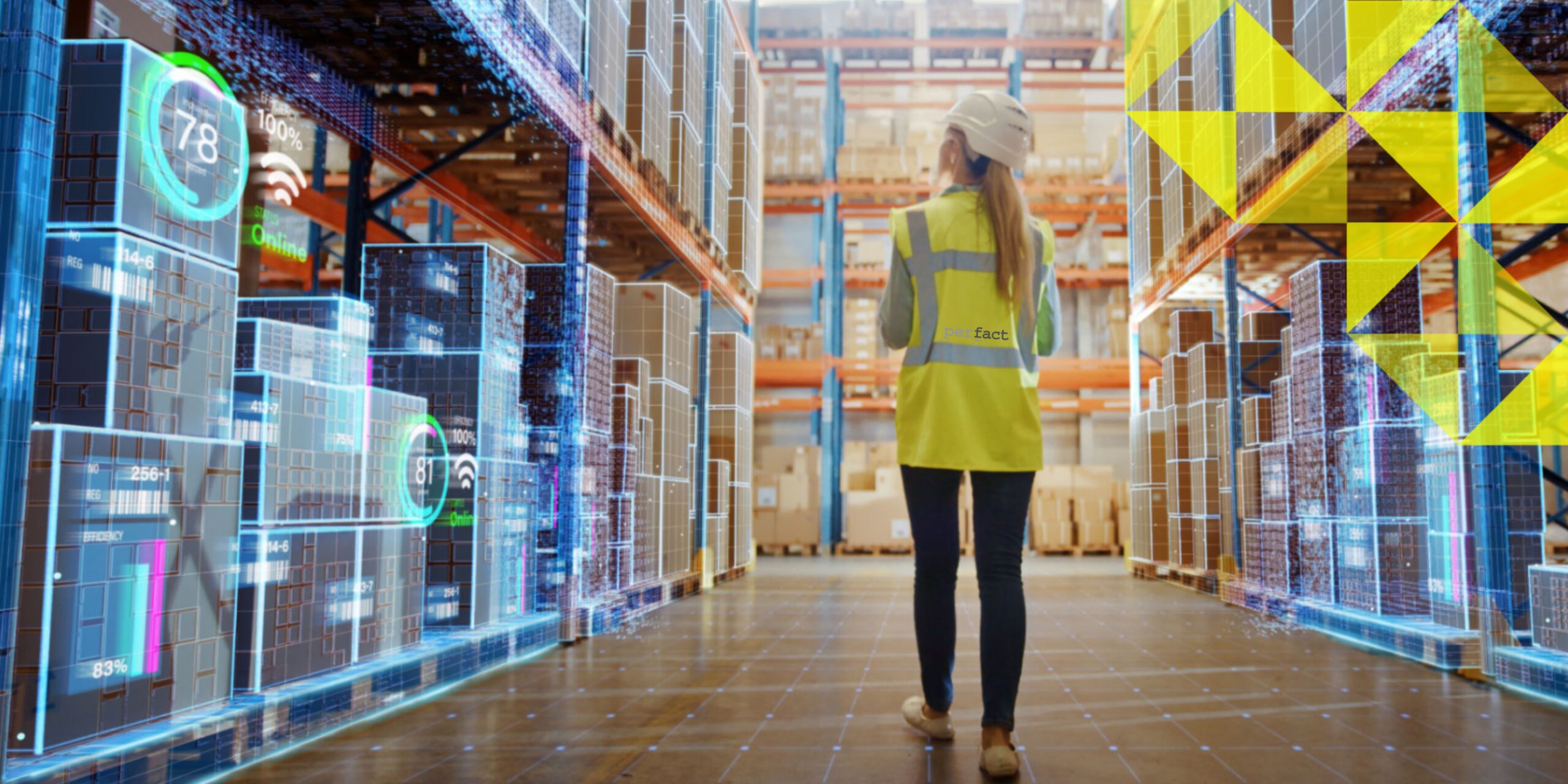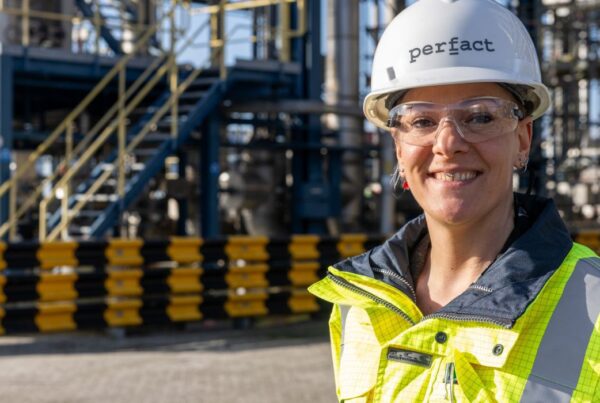The concept of AI is nothing new to most people – many companies are already using artificial intelligence, algorithms and applications to optimise their business processes. However, the recent development of ChatGPT does raise dust again. How will we soon be able to distinguish artificial content from the real deal? Are we not making ourselves redundant as human beings? Should we really want all this?
Fun fact: part of this text was written by ChatGPT. Not because the marketing department does not feel like doing it itself, but because this tool can use machine learning to put down a more complete and correct overview than we can. Besides, ChatGPT does it in half a minute, whereas it would take us at least 2-3 hours to gather at least the right information.
Win-win
So sit back and relax while ChatGPT gets to work? Not quite. While the tool produces a nice piece of text, it still doesn’t quite meet what marketing has in mind. You can have a text formatted in detail using specific prompts (tone-of-voice, targeted audience, word count, SEO keywords and even some word jokes), but it only feels like ‘your own’ when you added your own finishing touches. The best of both worlds, so to say.
Not only marketing benefits from AI, but also the organisations working with us. In practice, we have seen several caes in which artificial intelligence has provided valuable insights, but also saved a lot of time. If you ask ChatGPT about the benefits of AI within the industrial sector, he lists eight, but according to our Business Development Manager Industry 4.0 Maurice Jilderda, these three really stand out for us and our clients.
Predictive maintenance
One of the key benefits of AI for industrial companies is its ability to predict when equipment maintenance is needed. AI can analyse large amounts of data from sensors and other sources to discover patterns and identify potential problems before they occur. This can help companies avoid costly downtime and reduce maintenance costs by addressing problems before they become more serious.
At one of our clients in the steel industry, one of their most critical production facilities came to a standstill at one point. What transpired; there was a lack of lubrication in a gearbox and this led to a shutdown of the entire production line. We helped the company by deploying smart algorithms to monitor and predict the effectiveness of a lubrication system. Implementing the system took only a few weeks and it helps with time and risk management for the maintenance crew. Maurice reiterates the added value of AI in this story: “By collecting and analysing data, unplanned breakdowns can be prevented, which extends the lifespan of the assets, and the added value per breakdown can amount to more than 800,000 euros. That’s quite something.”
Workflow
Process optimisation is one of Perfact’s cornerstones. Working more efficiently and effectively can be of great benefit to a client. Here, too, AI can help. For example, AI can do data analysis and discover where the bottlenecks are. Perhaps there are certain steps you can simplify or automate, or you can change the sequence of steps to work faster. AI can also make predictions about the demand for your products, for example, so you can adjust your inventory and production accordingly. This not only saves you time and money, but also allows you to better respond to your customers’ needs.
The latter also seemed like a good idea to one of our clients, a UK-based energy production company. It was already clear to them that algorithms could help them optimise their work processes. They just weren’t sure how to start. Through a workshop, we gave this organisation a few tools they could use to get off to a flying start.
And so they did. In just a few days, they came to a lot of enlightening insights and now have a number of worked-out concept solutions on the table. Based on these solutions, this energy production company can take a fast track to higher productivity and improved maintenance. All with the help of Artificial Intelligence.
Energy transition
A pressing issue that has been occupying us a lot lately is energy transition. AI can contribute to that too. How? Maurice explains. “AI can help us use energy more efficiently by, for example, monitoring our energy consumption and telling us where we can save.” In addition, he says, AI can also help us optimise the generation and distribution of renewable energy, for example by predicting energy demand and adjusting generation accordingly. “This way, we can ensure that we have the right amount of energy at any time and avoid waste. So AI is really a ‘green friend’ in that respect.”
AI, or artificial intelligence, can no longer be ignored in our society and business processes. The fear that it will make us as humans obsolete is logical. But as far as we are concerned, the two go hand in hand. Humans can use their intuition, creativity and empathy to improve AI systems and make them more human-centric, while AI can support us in making decisions and make our lives easier so we focus on things that matter.
But no worries: although ChatGPT and other AI tools act as very useful sidekicks, we still find our ‘real’ colleagues most sociable during coffee breaks and after work drinks!




